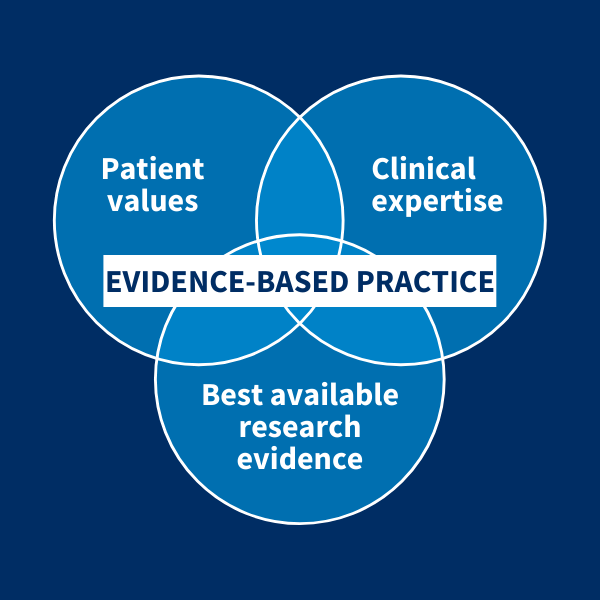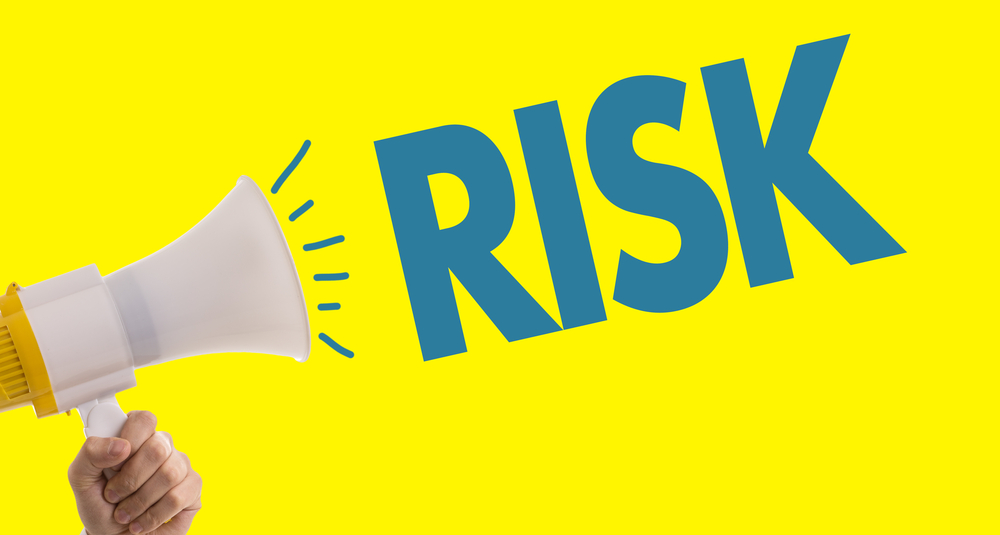Free information and resources for pupils and students interested in evidence-based health care
Posted on 18th January 2022 by Selena Ryan-Vig

This page will be of particular interest to:
- pupils interested in studying healthcare-related subjects at university. You’re likely to be asked about evidence-based practice as part of your university application process. The resources on this page offer an introduction to evidence-based practice, which we hope will help you to demonstrate your awareness.
- students currently studying healthcare subjects. Learning how to understand evidence, and how to adopt evidence-based practice, will be important aspects of your degree, and your future careers. The resources on this page will help you to refresh and/or develop your knowledge.
- secondary school teachers and university outreach staff. You may like to point your pupils to the resources on this page. Plus, at Cochrane UK, we run free talks for pupils in years 9-13. We offer: 1) general talks to help pupils in years 9+ think critically about health claims and advice; 2) targeted sessions for pupils in years 11-13 who want to study healthcare subjects at university. Find out more on this page and please contact us if you’re interested in us giving a talk for your pupils.
What’s on this page?
-
What is evidence-based practice?
-
What is ‘best available research evidence’?
-
Resources to help you:
- Understand evidence and evidence-based practice
- Search for evidence
-
Get involved with Cochrane to use and improve your understanding of evidence
-
Connect with Cochrane on social media

As you study and train, you will learn to become evidence-based practitioners.

What does this involve?
Evidence-based practice can be defined as the “integration of best research evidence with clinical expertise and patient values” (Sackett et al. 2000).
In other words, evidence-based practice has three – equally important – elements:
- The best available research evidence
- The clinical expertise (experience and knowledge) of health advisers
- What matters to an individual patient – their personal preferences and values.
Being able to find, understand, appraise, and discuss evidence are key skills for any healthcare professional.
But what does the ‘best available research evidence’ look like?
This is where organizations such as Cochrane come in. Cochrane produces ‘Cochrane Reviews’ (or ‘Cochrane systematic reviews’), which are published online in the Cochrane Library.
Cochrane Reviews are systematic reviews which gather and summarize the best evidence from research to help people make informed choices about health care. Each review addresses a clear, focused question. For example: Can antibiotics help alleviate the symptoms of a sore throat?
To answer the question, authors search for and bring together all the relevant existing studies (typically randomized controlled trials) that meet certain criteria. The authors then assess and synthesise the evidence using rigorous guidelines and draw conclusions about how effective and safe the treatment is, and how certain (or reliable) the evidence is.
By bringing all the available data together, systematic reviews aim to provide a more reliable answer to a question than the results of a single study.
Cochrane Reviews are updated to reflect the findings of new evidence when it becomes available, because the results of new studies can change the conclusions of a review.
Systematic reviews (and Cochrane Reviews in particular) are widely regarded as a gold standard of trustworthy healthcare information. They are valuable sources of information for those receiving and providing care, as well as for decision-makers and researchers.
Cochrane is an independent organization that does not accept commercial or conflicted funding. This is vital for Cochrane to generate authoritative and reliable information, working freely, unconstrained by commercial and financial interests.

Videos:
- What are systematic reviews? An introductory video (3.5 minutes)
- What is Evidence Synthesis and why do we need it? An introductory video (3.5 minutes)
- Battling bad science: a TED talk (14-minute video)
- An Introduction to Evidence-Based Medicine: a 30-minute recording of a talk
Online courses:
- Learn the basics about health evidence in this free ‘Evidence Essentials’ course. There are five interactive modules, plus links to further resources
- Introduction to conducting systematic reviews. A free training module explaining what systematic reviews are, why they are useful, and more
Blogs:
- Read Students 4 Best Evidence (S4BE) blogs. S4BE is a blogging site for students (from school age to university), who are interested in learning more about evidence-based practice. It features a range of blogs, including tutorials about statistics and research methods, and much more. S4BE also has a large library of resources to help you understand evidence.
- Read Evidently Cochrane blogs. Evidently Cochrane is Cochrane UK’s blog site which aims to make evidence really accessible. The blogs cover many different health, research, and evidence topics and often have patient and professional reflections in them. You can sign up to receive the monthly newsletters, and join in the conversation by commenting on the blogs. You might like to read blogs in our ‘Understanding Evidence’ series.
Books and further resources:
- Read Testing Treatments, a book about how treatments can and should be tested fairly (free to read and download).
- Learn more about Cochrane and Cochrane UK

- Search the Cochrane Library. The Cochrane Library is a collection of databases that contain different types of high-quality, independent evidence to inform healthcare decision-making. (If you are new to the Cochrane Library, this Training Hub can help you make the most of the available resources).
- Search for Plain Language Summaries of Cochrane Reviews.

There are various ways you can get involved with Cochrane. You could:
- Blog for Students 4 Best Evidence (S4BE) about evidence-based topics that interest you.
- Sign up to Cochrane’s volunteering hub. ‘Cochrane TaskExchange’ is a platform that connects people working in health evidence with people who have the time and skills to help. You can browse the available tasks and find something that matches your skills, interests, and availability.
- Get involved with Cochrane Crowd. This is an online platform where you can help by categorising research, for example, identifying whether a study is a randomized controlled trial. You will be guided through interactive training first.
What’s in it for you?
One student said that by getting involved with Cochrane:
I have gained a stronger sense of what I am learning at university, and look forward to applying these lessons in my future work… I am excited to connect with like-minded individuals who are passionate about evidence-based practice.
You can get a certificate confirming that you have completed a range of tasks and learning outlined on the ‘Cochrane students‘ webpage (some of which are listed above). This can be a valuable addition to your CV or career portfolio, as it demonstrates a widely-recognised commitment to evidence-based practice.
You can find out more on the ‘Join Cochrane‘ page.

- Follow Cochrane (Twitter, Facebook, Instagram and/or LinkedIn)
- Follow Cochrane UK (Twitter, Facebook, LinkedIn and/or Instagram)
- Follow Students 4 Best Evidence (Twitter and Facebook)
This article was originally posted on Cochrane UK, 11 January 2022.





